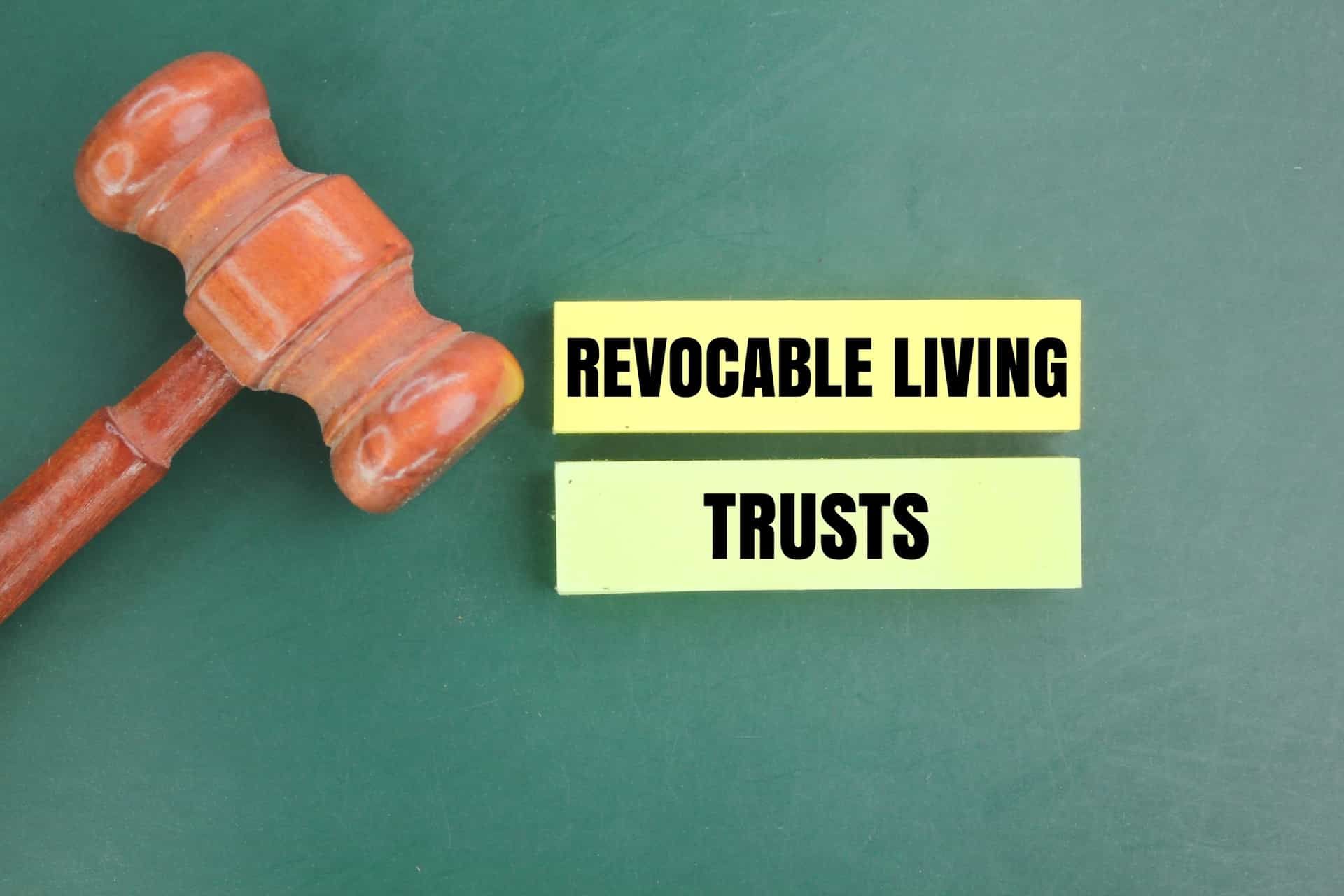What Are The Steps of Probate in Florida? - Complete Guide

When someone dies, it’s necessary to go through probate before the assets of the deceased individual can be distributed to the rightful heirs. While smaller estates have a less formal requirement, dividing the assets will still have to happen under the supervision of the probate court.
Although this is a perfectly straightforward process, many complications could arise and lead to costly delays. This is why it’s necessary to learn about the intricacies of the Florida probate process.
What is Probate?
Probate is a legal process used to validate a will and distribute the decedent’s assets according to their wishes. In The Sunshine State, probate is mandatory for administering the will of all residents or those who own property in the state.
In the case where a decedent left a will, it must be entered into probate where its validity will be determined before any assets are distributed to the beneficiaries.
If the individual passed away intestate (i.e. without a valid will). probate will be required to pass the ownership of the assets to heirs determined by Florida’s intestacy laws.
In both situations, probate is also needed to resolve the financial and tax affairs of the decedent. To put it differently, administering the estate ensures any creditors are paid.
Keep in mind that the surviving spouse and any children are protected by law. In spite of what’s written in the will, the children and the surviving spouse may be expected to receive assets as the law safeguards these individuals from disinheritance.
Probate may take as little as six months for small estates, but for all other estates, it can take up to 18 months. If by chance the estate is rather complex or under litigation, the process may last even longer.
Main steps in the probate process
While you’ll have to hire a Florida probate attorney to oversee the entire probate process, it can’t hurt to know what to expect. Here are the main steps:
1. Filing a Petition for Administration
To start the probate process, the legal representative or a family member must file a Petition for Administration. This petition will include a will along with any supporting documents, and must be filed in the circuit court of the county in which the decedent’s last address was registered.
After approximately thirty days, the court will grant your petition and name the personal representative (unless one was assigned in the will). At this point, the personal representative must notify named beneficiaries and other interested parties that the estate has entered probate.
2. Notifying the decedent’s creditors
The personal representative must also notify all creditors about the status of the estate. They can do it directly, but in the eyes of the law, they also must publish a notice to creditors in the local newspaper where the deceased individual lived for two consecutive weeks at least once per week.
All creditors must file claims against the estate within three months of the publication of the notice.
It’s also worth noting that the representative must also create a list of all known creditors (including potential creditors) and file it with the court.
3. Inventorying the estate
Because providing an inaccurate inventory of the estate can cause major delays, many families heavily rely on a Florida probate attorney during this stage. Regardless of the way you approach it, you’ll have to assess the net worth of the decedent’s estate. This will include conducting a comprehensive inventory and valuation of all properties, such as:
- Bank accounts
- Stocks
- Bonds
- Real estate
- Vehicles
- Other countable assets such as jewelry, artwork, etc.
When all of these assets have been accounted for, the inventory must be filed with the court.
4. Paying valid debts
Creditors typically have three months since they were notified to file claims, after which the personal representative must start closing the estate by addressing all valid debts. This means that any claims received afterward can be disputed by the estate.
All valid debts must be covered with cash from the estate account. If the assets are not liquid, the personal representative will have no other recourse but to sell off some of the property to generate the cash necessary to satisfy any claims.
5. Filing estate taxes
The representative must also file a final
income tax and pay off any debts to the IRS. Since they have the authority to act on behalf of the estate, they could incur personal liability for all unpaid taxes tied to the estate if they fail to resolve remaining tax issues.
6. Estate accounting
During the entire probate process, the personal representative must keep a detailed record of all fiduciary actions. At this stage, they’ll need to organize and consolidate all financial records and file them with the probate court. This can be quite a task as all assets, distributions, court fees, and legal fees must be accurately accounted for.
7. Distributing assets to the beneficiaries
Once the accounting records have been filed, the representative can finally start distributing the inheritance as per the wishes of the deceased individual. There are no clear rules here and applicable parties should agree on how the distribution will progress.
8. Closing the estate
Upon distributing all assets, the personal representative must file a petition to get discharged from their fiduciary role, thus closing the estate and ending the probate process.
Check all the boxes
According to state laws, the personal representative must hire a Florida probate attorney to receive legal guidance during probate. For many, this may seem like an unnecessary financial burden, but in reality, doing so sees to it that probate progresses forward without any delays.
Due to the fact that the estate may come under fire from different parties or even other heirs, having an attorney can minimize the impact of these claims, ultimately making certain that everyone receives their inheritance with minimum hassle.
If you don’t know who to hire, go with
Jostock & Jostock, Naples probate lawyers that have helped navigate numerous estates through the probate process. During our six decades of operation, we’ve seen it all and are well-equipped to handle any challenges that often come up when settling an estate.
Check all the boxes and protect your estate by calling
(239) 500-8822 or filling out our
contact form.
Note:
The information in this blog post is for reference only and not legal advice. As such, you should not make legal decisions based on the information in this blog post. Moreover, there is no lawyer-client relationship resulting from this blog post, nor should any such relationship be implied. If you need legal counsel, please consult a lawyer licensed to practice in your jurisdiction.
Disclaimer: The information on this website and blog is for general informational purposes only and is not professional advice. We make no guarantees of accuracy or completeness. We disclaim all liability for errors, omissions, or reliance on this content. Always consult a qualified professional for specific guidance.






